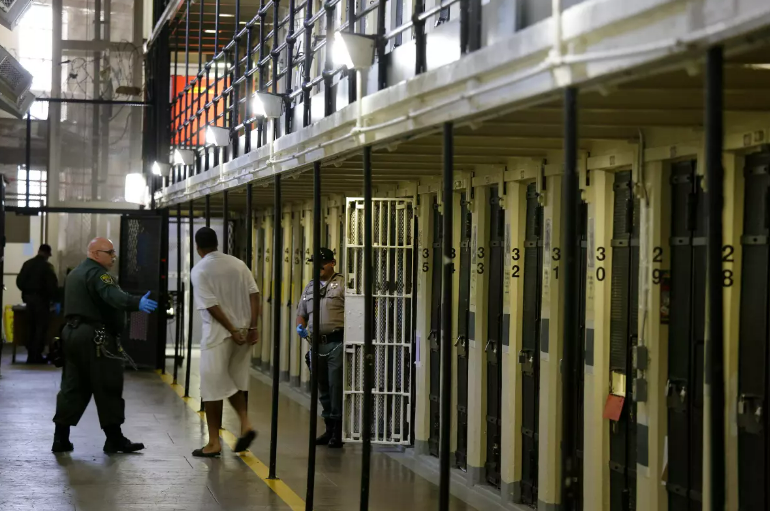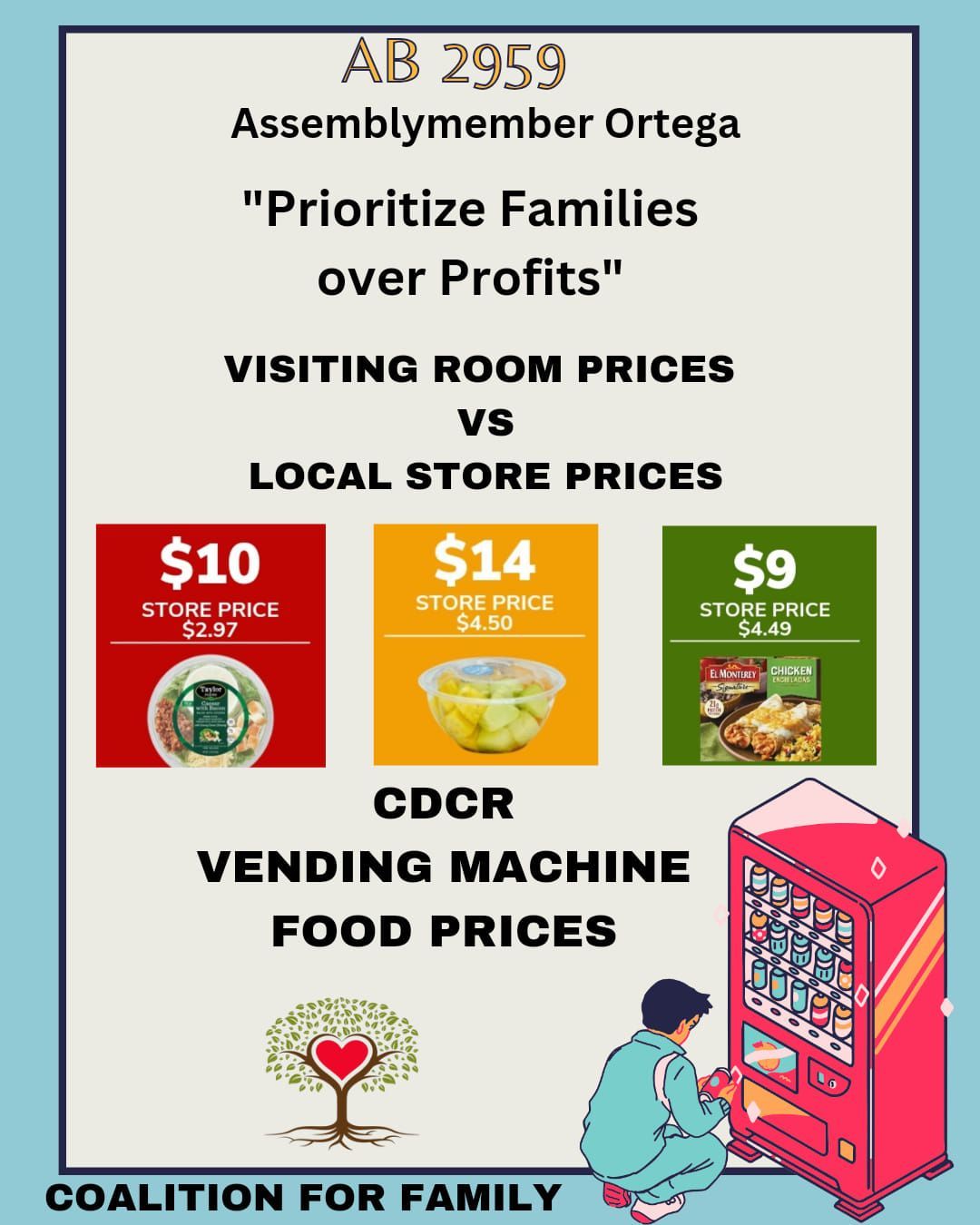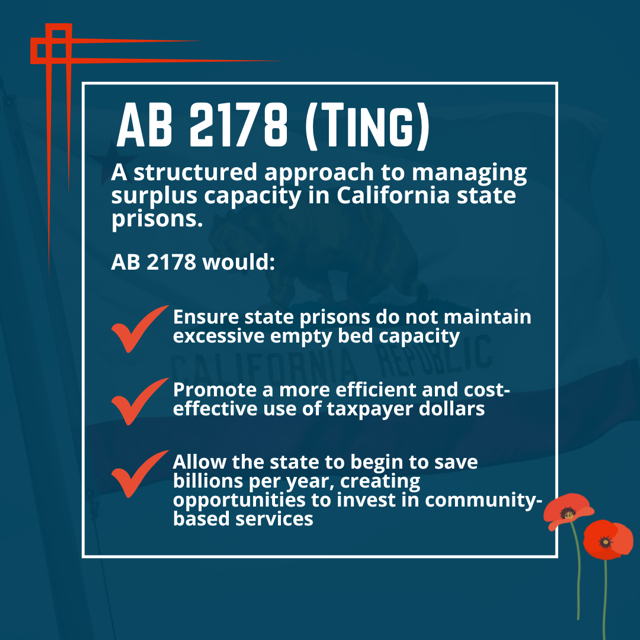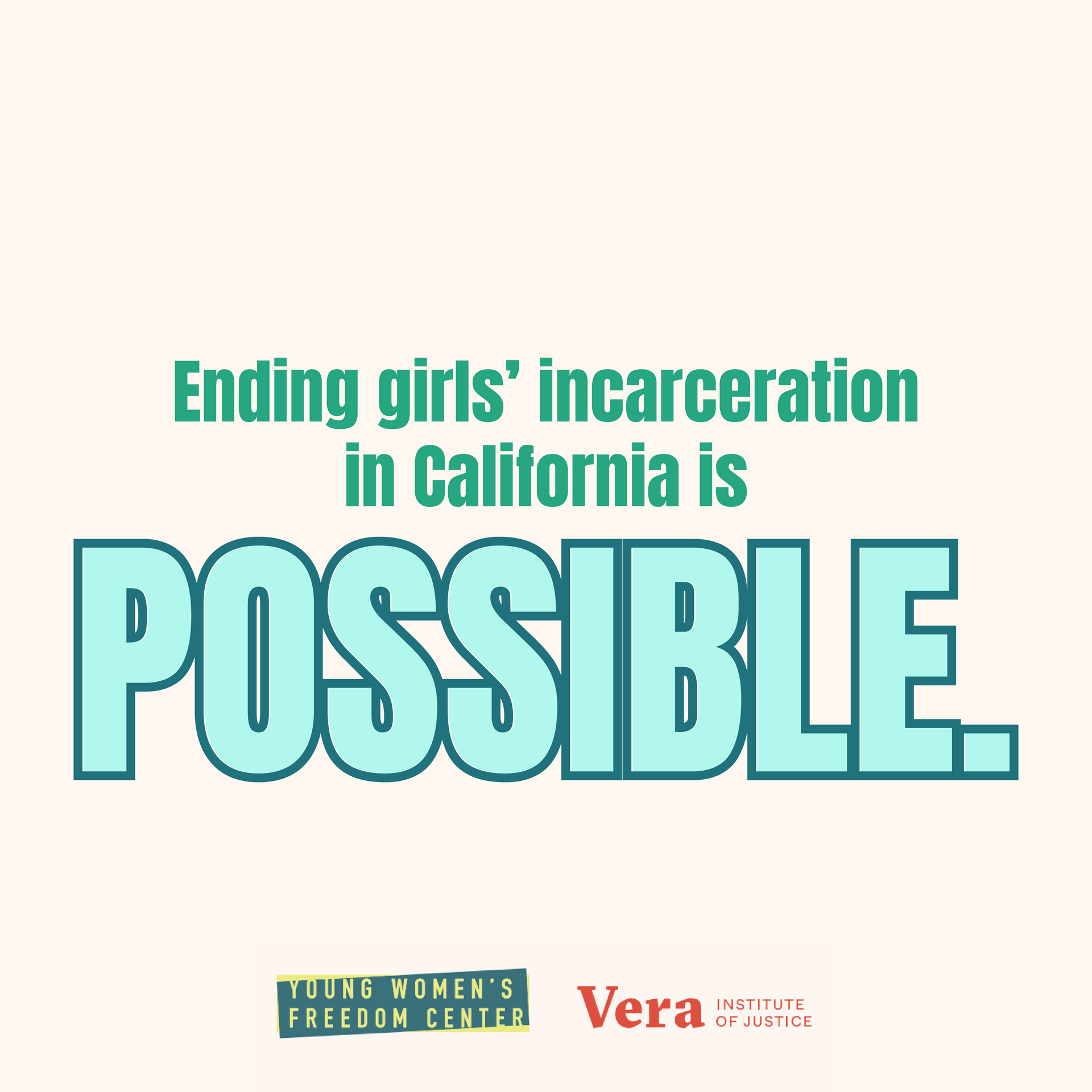





California Governor Gavin Newsom (D) granted 18 commutations and 37 pardons last Friday, giving these individuals the opportunity to be reviewed by the California Parole Board. The Drop LWOP Coalition welcomes Governor Newsom's exercise of executive clemency, an important gubernatorial power that he has been hesitant to utilize. “While we applaud Newsom’s action, we urge him to accelerate clemency, especially for the thousands of people serving life without parole (or LWOP) who are rapidly aging. Many were sentenced as youth and have spent decades on their rehabilitation, despite being told there was no point,” said Joseph Bell, an advocate with Drop LWOP and Human Rights Watch and a founding member of the National LWOP Leadership Council.
LWOP is a sentence under California law in which a person is sent to prison for the rest of their life with no possibility of demonstrating their change and growth to seek parole. Drop LWOP describes it as “the death sentence in slow motion,” arguing that LWOP effectively banishes people from the world outside prisons and demonizes them as less than human.
In contrast to Governor Newsom’s modest use of clemency, there is a growing momentum across the country to reform life without parole and extreme sentencing and provide avenues for these sentences to be reviewed. In addition to “second chance” legislation pending in states across the US, Governors like those in Louisiana and Massachusetts are using their clemency powers significantly more than Newsom. Former California Governor Jerry Brown, who issued over 100 commutations to people serving LWOP, went on record stating that one of the advantages of being in government for 50 years is correcting mistakes of the past, referencing tough-on-crime sentencing that fueled mass incarceration.
Life without parole is increasingly being referred to as a “death-by-incarceration” sentence, including by the United Nations, whose Human Rights Committee recently recognized these sentencing schemes as cruel and inhumane. After a delegation of advocates and attorneys from across the US testified in Geneva, Switzerland this past October, the UN affirmed that LWOP amounts to torture and racial discrimination in violation of international human rights laws and called on the United States for the first time to consider a moratorium on all life without parole (LWOP) sentences.
"We are grateful for Newsom's decision to commute 12 individuals serving LWOP, giving them a second chance at life. In doing so he's recognizing the very real capacity for people to grow and change,” said Kelly Savage-Rodriguez, a coordinator with Drop LWOP. “We hope he continues down this path, which is informed by compassion as well as data. We know when people serving LWOP come home they make our communities safer.”
In solidarity,
Drop LWOP Coalition






We are a nonprofit organization comprised of concerned California community members dedicated to eliminating the felony murder rule. Tax ID #84-3224998